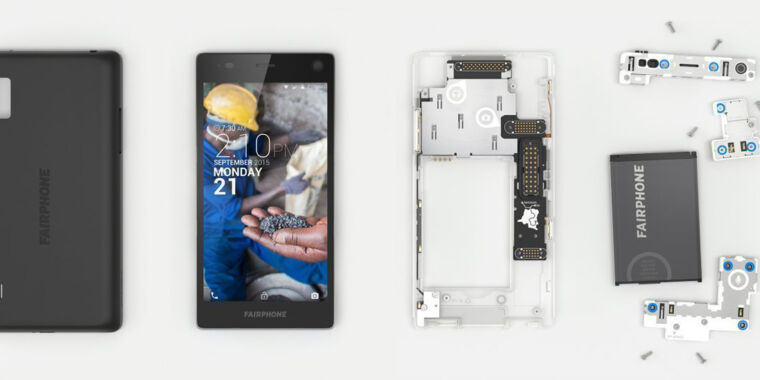A recap of how Android upgrades make it to your phone: First, Google releases builds of AOSP (the Android Open Source Project) to everyone. This doesn’t run on a phone yet, though. First, your SoC (System on a Chip) manufacturer (usually Qualcomm) has to get hold of it and customize Android for a particular SoC, adding drivers and other hardware support. Then, that build goes to your phone manufacturer (Fairphone, in this case) which adds support for the rest of the hardware—things like cameras, the display, and any other accessories—along with built-in apps and any custom Android skin work that the company wants to do.
Qualcomm is the only company with full access to Qualcomm’s proprietary code blobs and hardware documentation, so an unofficial, hacked-together build usually won’t reach the level of polish you get from an official release with every hardware company’s support. Lineage normally lives in the realm of aftermarket phone tinkerers, so that’s fine.
So Qualcom decides to stop sending updates for a 3 year old OS then creates a ripple effect down the chain.
This is a really interesting article to read and shows how defenceless consumers have become in this regard (yet we have choices). I really do like the fact that Fairphone offers module upgrades eg. for the camera. Another factor contributing to the regular disposal of phones is the "finance" option of "free" phones on cellular contracts. It’s a vicious cycle that too many have got caught in. Nothing is for free, and when you start to buy your phones for cash, you think differently.
See Fairphone suggests Qualcomm is the biggest barrier to long-term Android support
#technology #ewaste #environment #fairphone #repairability
Qualcomm ended support for the phone after Android 6, but Fairphone is still going.

